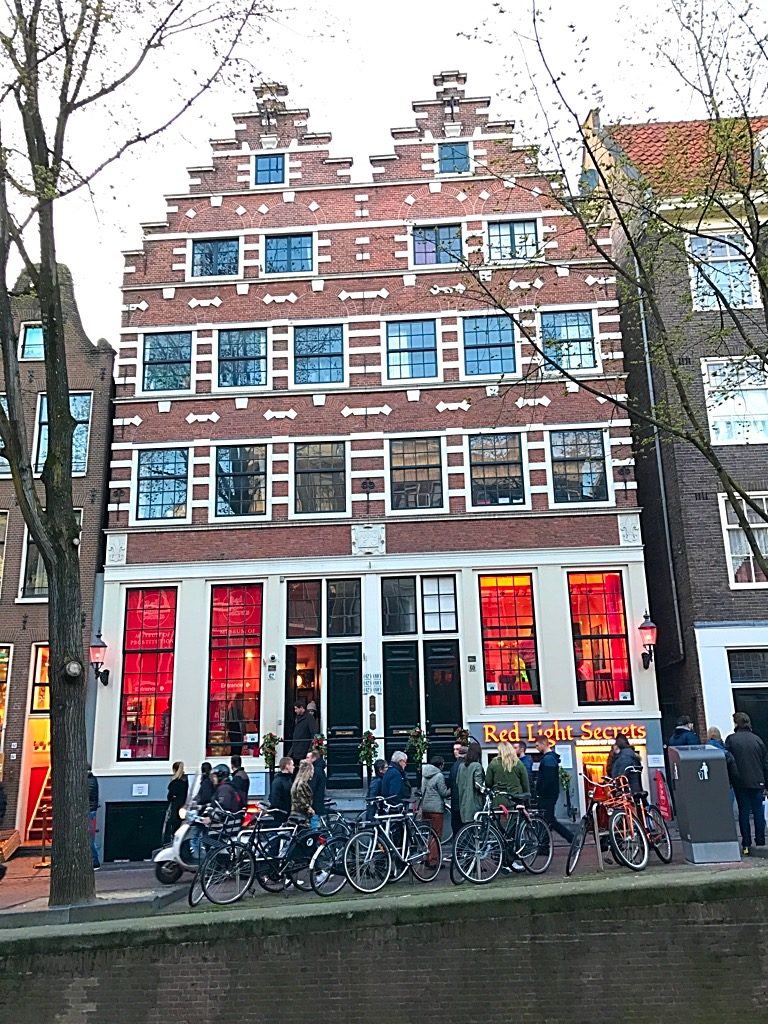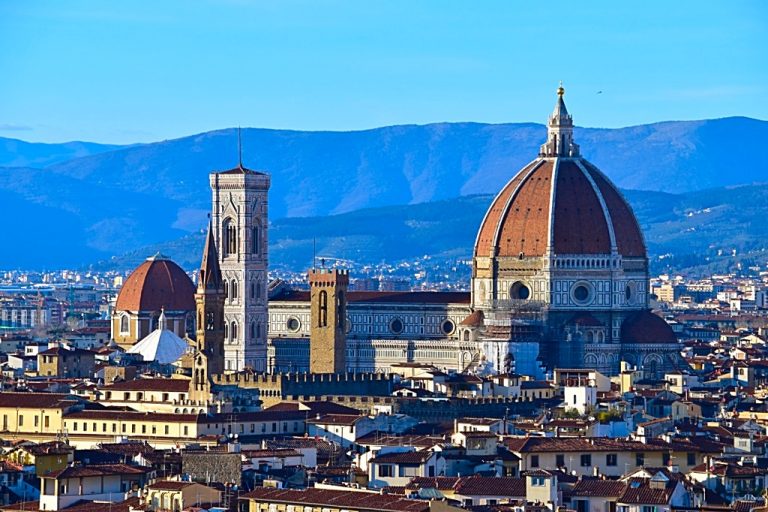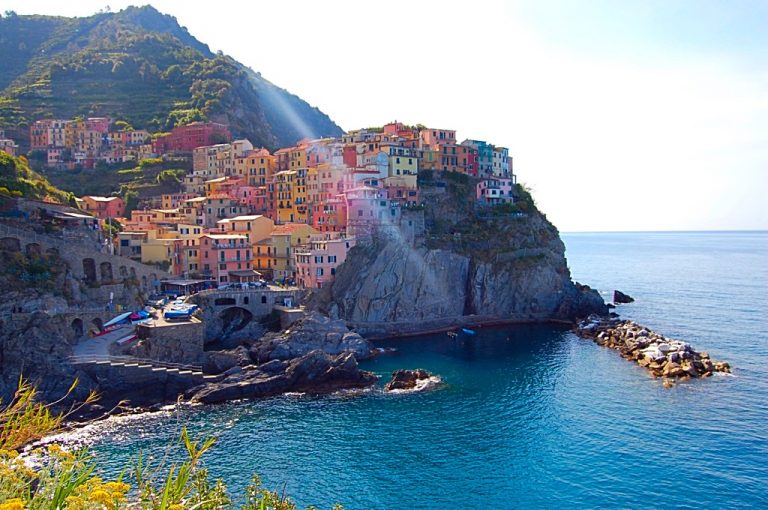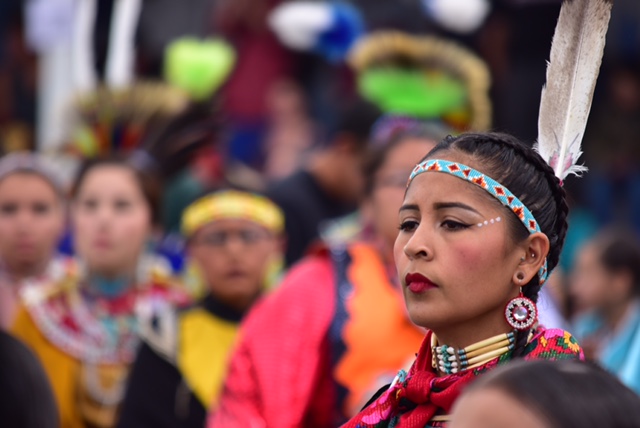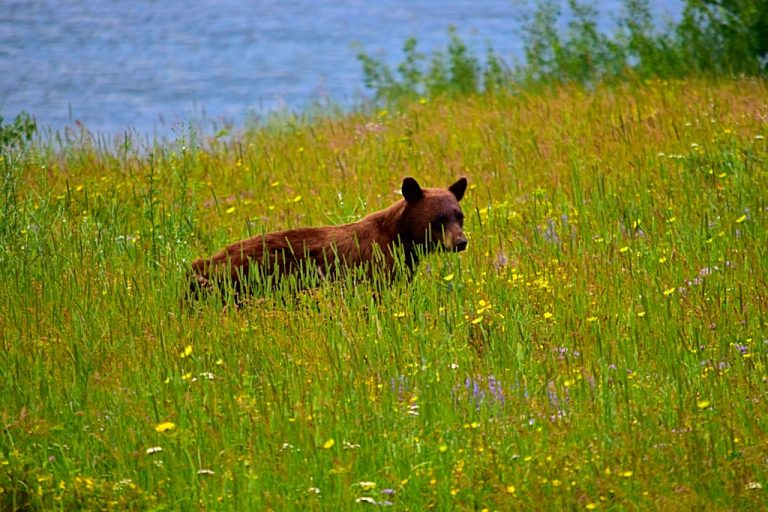Seville – Quite Possibly My Favorite Spanish City
This southern Spanish city known rather well for its wide array of tapas and its energetic Flamenco dancing is quite the place! It looks good. Period. It’s cute, charming, clean, and quite frankly it’s exactly what one’s mind would picture for quintessential Spain. Also, it’s packed full of sunshine.
Climb the Torre del Oro – a mid century watch tower for a fantastic view and photo opp of the Seville Cathedral. This whopper is the largest Gothic Cathedral that exits. If you plan to go inside of the Seville Cathedral, note that it follows the traditional Spanish siesta schedule, which means it’s most likely going to be closed in the early afternoon. Like many European cities, the past and present intertwine here as you look around Seville. The Bell Tower of the Seville Cathedral is a perfect example. It’s original purpose was a minaret during the Moorish period, but now it’s blended perfectly with the Gothic style of the rest of the Cathedral.

Alcázar of Seville. Game of Thrones fans, think of the Water Gardens of Dorne.. this is the Alcázar of Seville! Upon entering, it feels like I should have been riding up on a white horse to the entrance. Since this Alcázar is royal, there are plenty of palace buildings inside that display absolutely beautiful ornate (Moorish style) wooden doors, intricate carved ceilings and arches, courtyards with reflection pools, collections of relics, and perfect gardens.

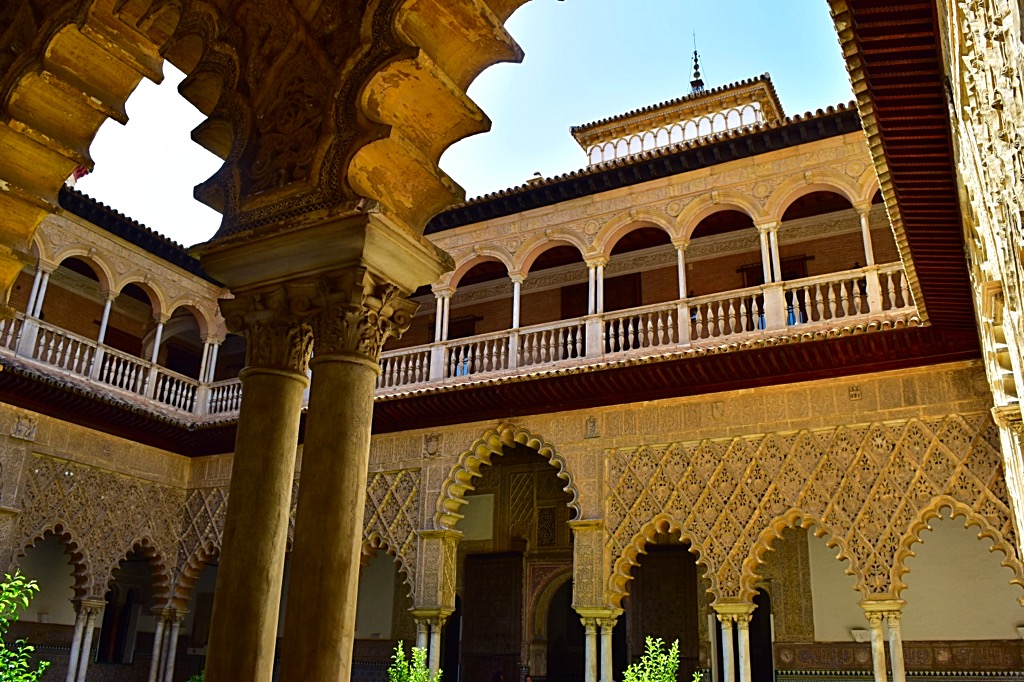

The Plaza de España, located inside of the María Luisa Park, is a must see. It was built for the 1929 World Fair and is nothing but magnificent when it comes to showcasing Spanish architecture, through and through. It was 112 degrees Fahrenheit the day that we visited. We had to keep taking cover under the shaded areas of this giant semi circle, red brick Spanish building. This place is packed full of colorful Spanish tiles, mosaic benches, fountains, and horse drawn carriages. So huge that it even includes a canal, it really is a work of art and is a good use of your time.

The Basílica de la Macarena is the absolute cutest little white and yellow church with the Macarena situated at the front altar. Decked out in jewels and with visible tears on her face, she symbolizes “hope.” It is said that she knows what you are thinking. The Spanish people treasure her, bringing her out on display as part of parades during the Lenten season.


With seating for 12,000, the Maestranza Bullring could make someones stomach churn (mine included), so visit the museum and leave it at that. This particular bullring is the oldest in Spain. It is here through the museum that we learned:
- Bull fighting used to take place on horseback before the days of being on foot.
- The matadors use 3 different capes. The last cape is the red one that everyone familiar with. Red is used not because the bull can get angered by this, but rather it symbolizes that the Matador is about to (finish) the bull…sigh.
- Matadors make a ridiculously high salary.
- Based on the performance, the crowd decides the Matador’s trophy, by parts of the bull. The “best” ones get both ears and the tail.


Flamenco dancing originated in Seville, so this is a must do if you have yet to experience it. There are plenty of places rated well that accommodate tourists, and even include meals, drinks..the works. As I mention in my Palma Mallorca blog, it would be fantastic to be out at a bar and naturally see some local Spaniards whip out their castañetas and showcase their best Flamenco. Unfortunately, this may or may not happen. So, a backup plan is to book a show at a place such as the El Patio Sevillano. Dancing not your thing? Well, some of the best guitarists are those who perform in Flamenco. Experience the passion, but I’d skip the food here.

Due to the extensive history, Seville is a complex mix of interesting architecture, full of passion, beauty, and life. It was upon the ride from the train station to our hotel that as I peered out the window, I felt a warm “homey” feel. When the sweltering Seville sun finally sets, Seville is still much alive – probably powered by the afternoon siesta, to keep living life late into the night.
If you’re up for a (long) day trip, the city of Granda and a visit to the Alhambra are doable and worthwhile excursions. If you’re looking to extend your Seville vacation, try boarding a plane to Morocco to round out the Moorish trip.

